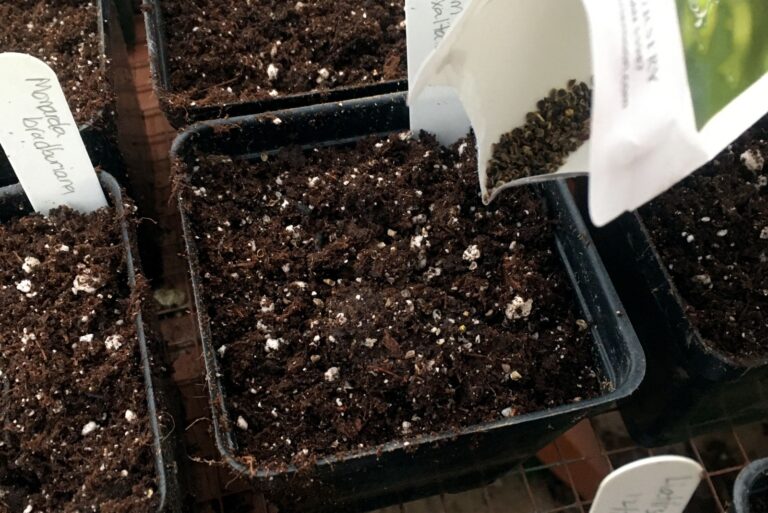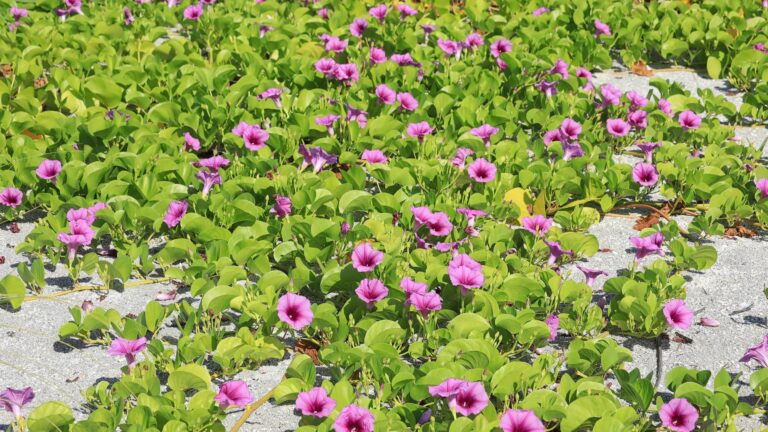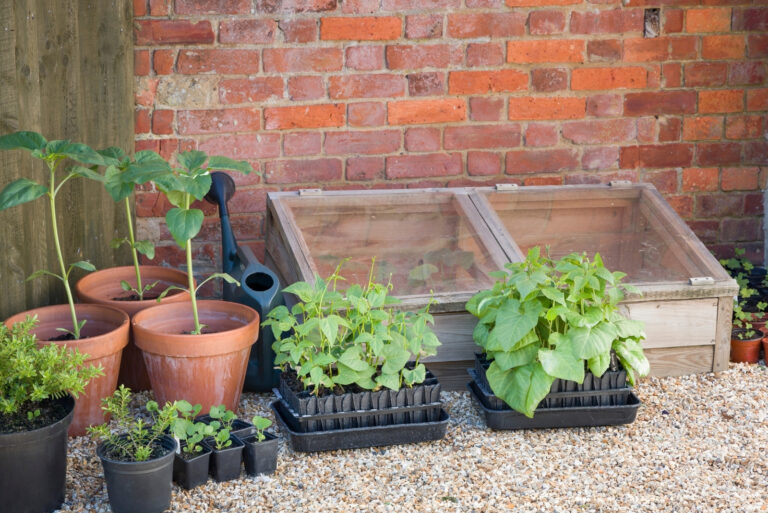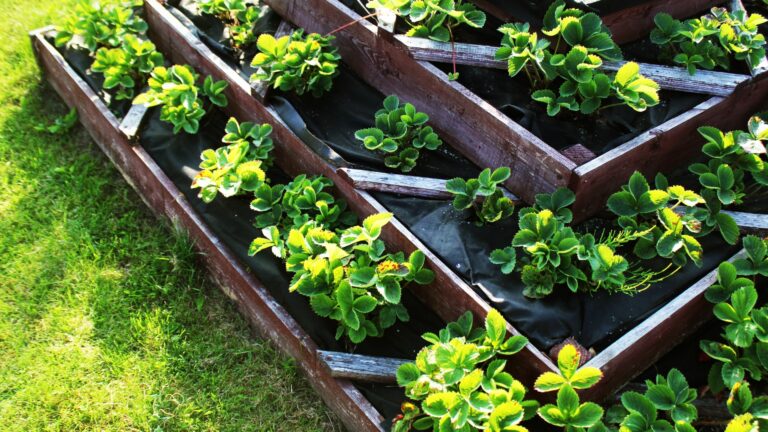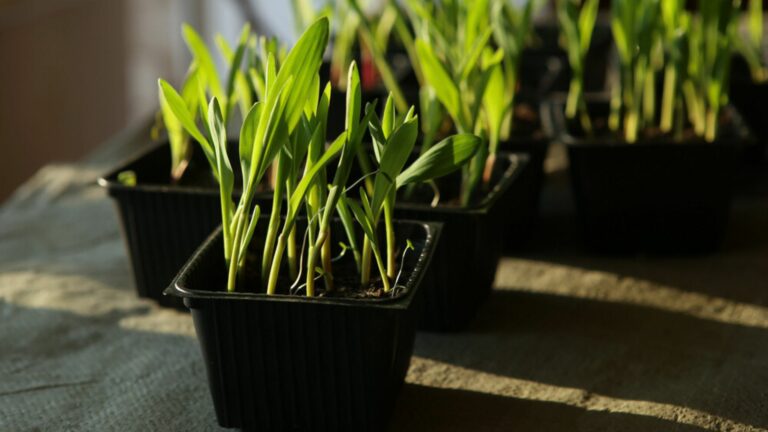17 Clever Ways To Use Cinnamon On Plants (And How It Helps Heal Broken Stems)
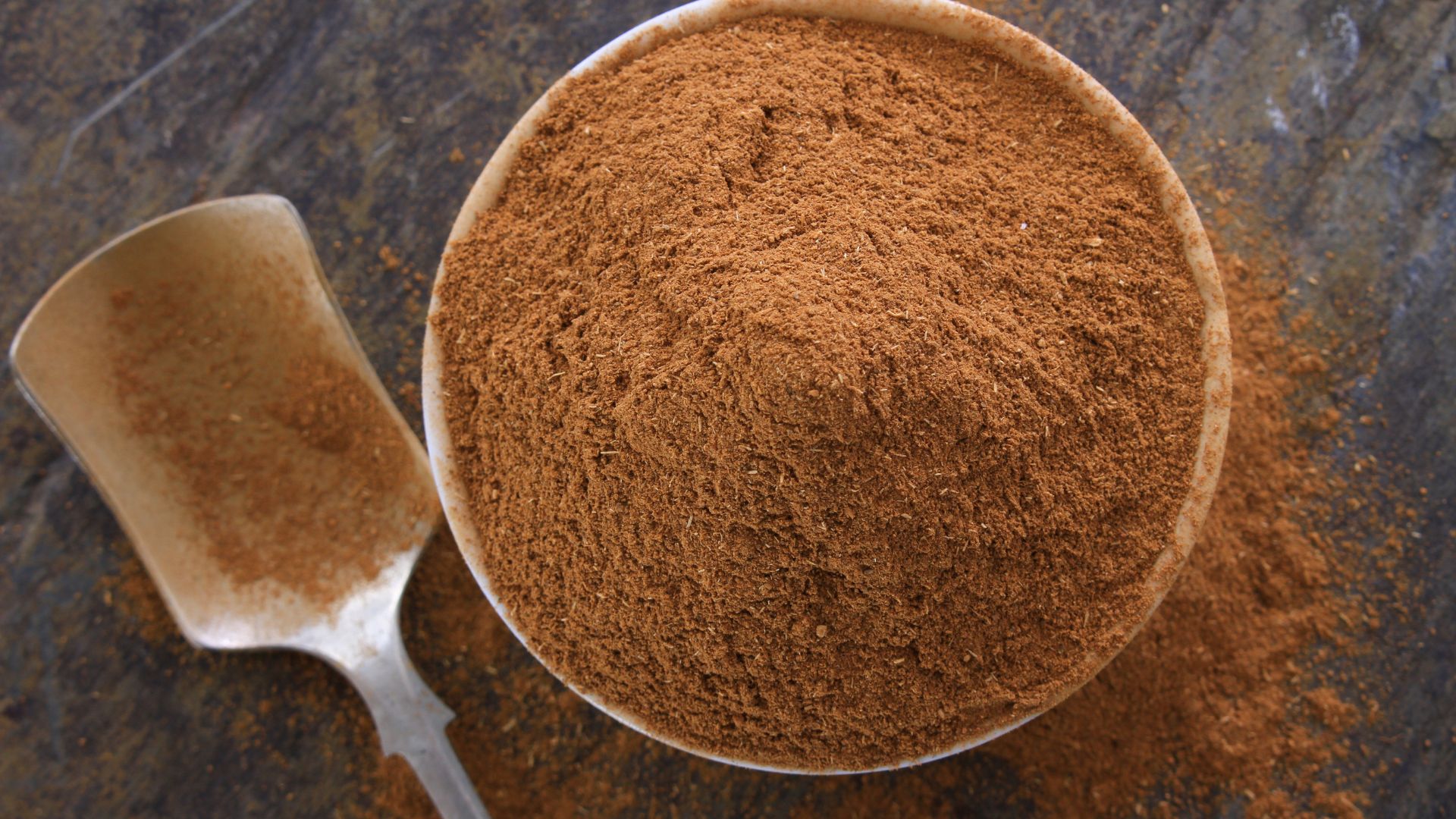
Cinnamon isn’t just a warm spice for lattes and baking—it’s a surprisingly powerful tool in the garden too. The first time I used cinnamon on a struggling plant I was a little skeptical. But soon, I was hooked. Now I always keep a jar on my gardening shelf, right next to the pruning shears and watering can.
This humble spice has natural antifungal, antibacterial, and rooting properties that make it useful for so many plant situations. Cinnamon is like a first-aid kit for your garden. I’ve gathered some clever and practical ways to use cinnamon in your plant care routine.
These tips will show you how a little sprinkle of cinnamon can go a long way. Plus, I’ll walk you through how I personally use it to save broken stems—a trick that’s saved more than one of my favorite plants.
1. Prevents Fungal Infections
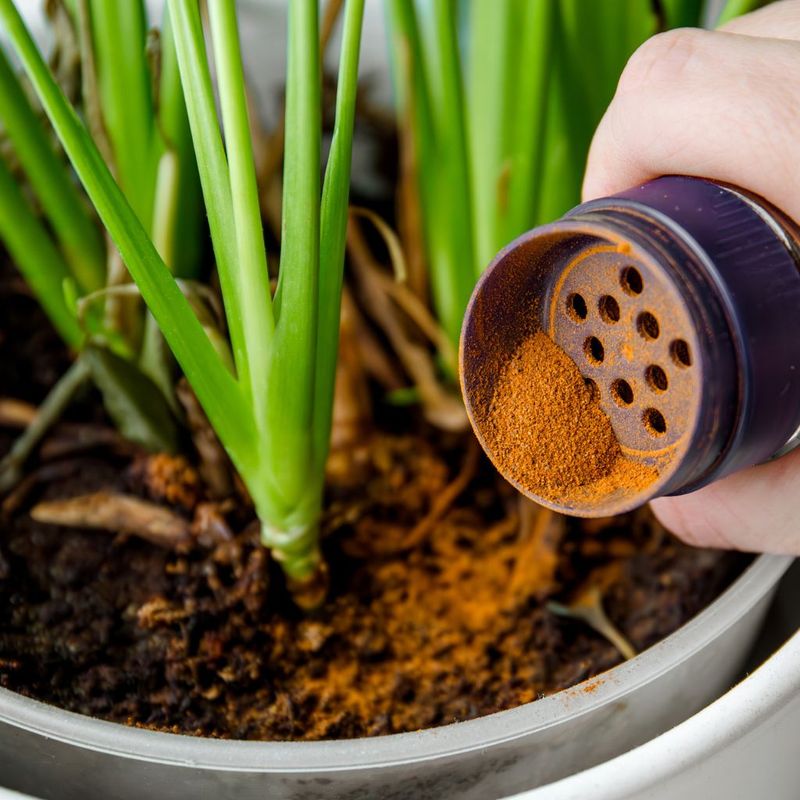
Fungal infections can be a gardener’s nightmare. In my garden, I sprinkle cinnamon around the base of plants to ward off fungi. It’s reassuring to see my plants thrive without the worry of disease.
Cinnamon acts like a natural shield, creating a barrier against harmful spores. The earthy aroma is a bonus, making gardening a sensory delight.
Have you ever experienced the frustration of plant mold? Using cinnamon adds a layer of protection, making gardening both enjoyable and successful.
2. Stops Damping-Off In Seedlings
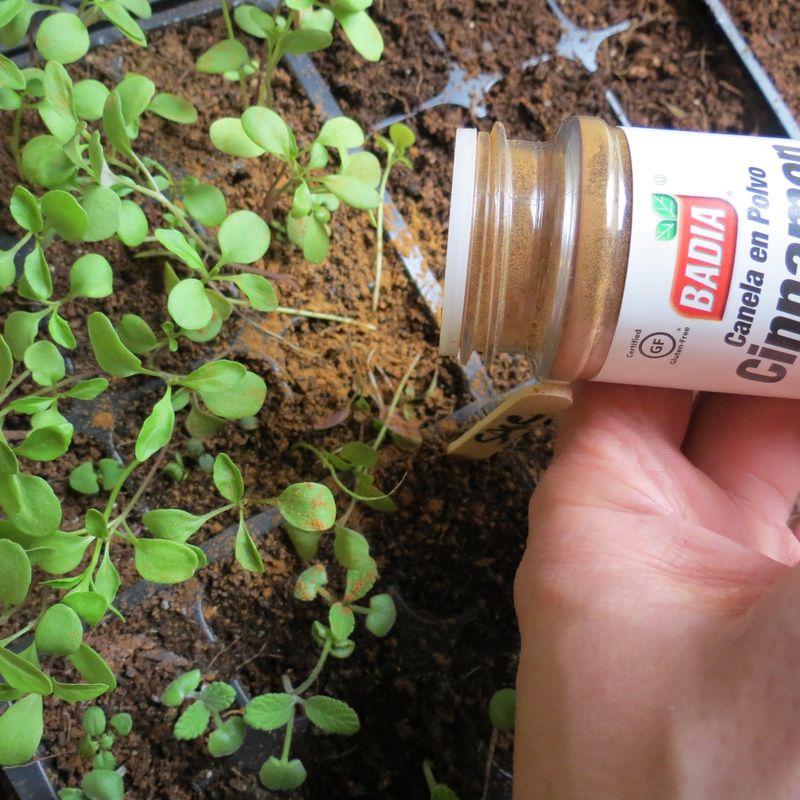
Starting seedlings can be tricky. I’ve found cinnamon helps prevent damping-off disease, ensuring strong, healthy growth.
This natural remedy is simple: sprinkle cinnamon on the soil surface around seedlings. Its antifungal properties protect vulnerable young plants.
Watching seedlings grow without the threat of disease is rewarding. Cinnamon becomes an essential part of the gardening toolkit, promoting healthy plant life from the start.
3. Repels Ants Naturally
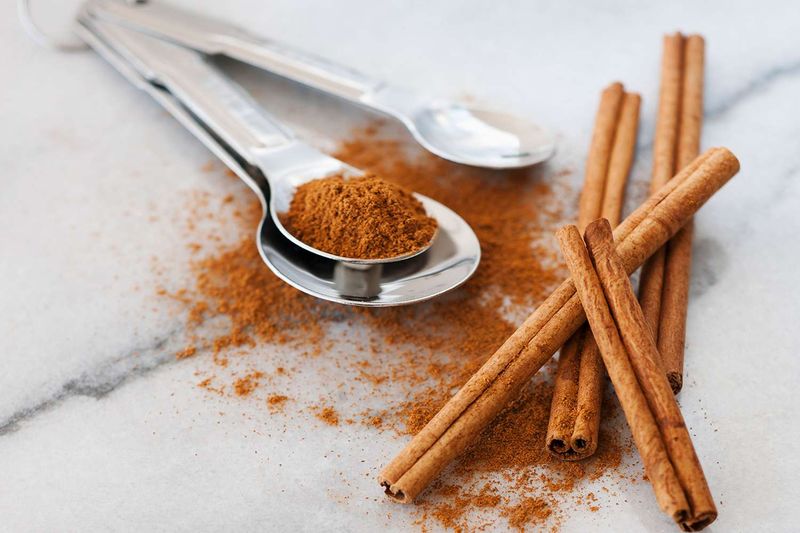
Ants can be relentless in their quest for food. Have you ever thought about using cinnamon as a natural repellent? This aromatic spice creates an invisible boundary ants dare not cross.
Sprinkling cinnamon around plant bases or entry points is an effective deterrent. It’s safe and chemical-free, unlike many commercial solutions.
Next time you spot an ant trail, reach for the cinnamon. It’s an easy and pleasant-smelling way to keep them at bay, ensuring your garden remains ant-free.
4. Heals Plant Wounds
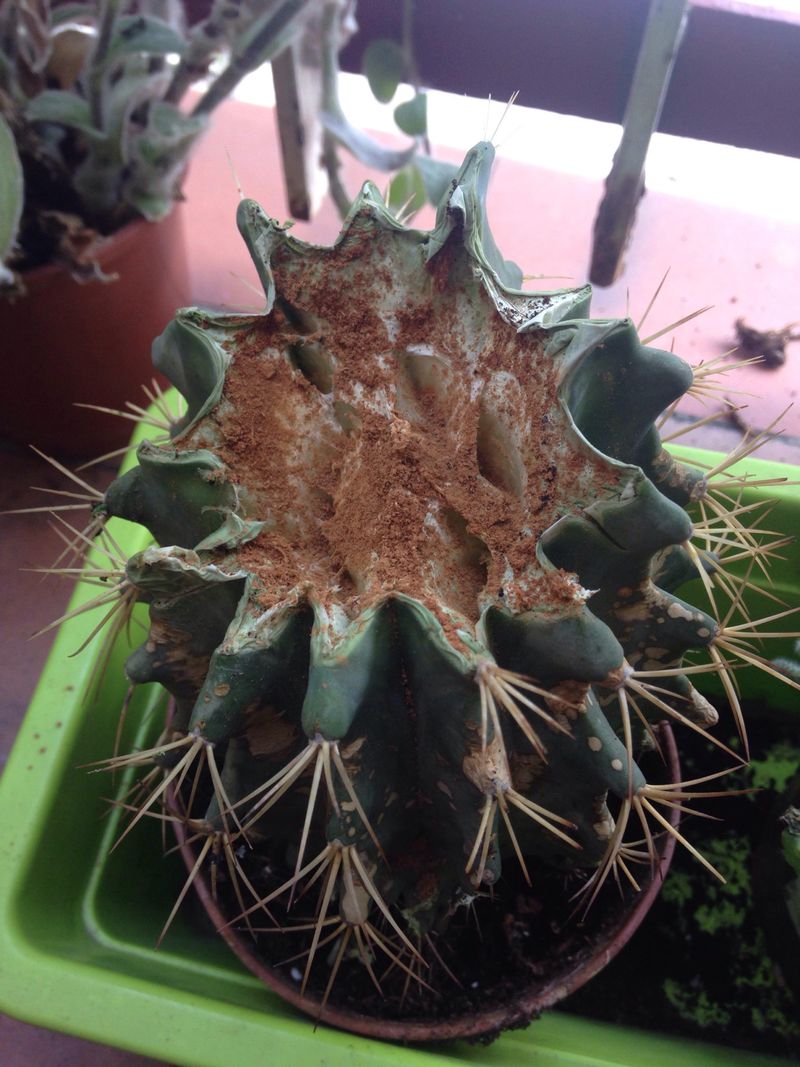
Accidents happen, and plants can suffer cuts and bruises. Applying cinnamon to these wounds accelerates healing, helping plants recover swiftly.
The spice acts as a natural antiseptic, preventing infections in damaged areas. This approach is gentle and effective, nurturing plant health holistically.
Next time a stem breaks, a sprinkle of cinnamon can be the remedy. Watching the plant heal is both fascinating and fulfilling, showing the power of natural solutions.
5. Protects Cuttings From Rot
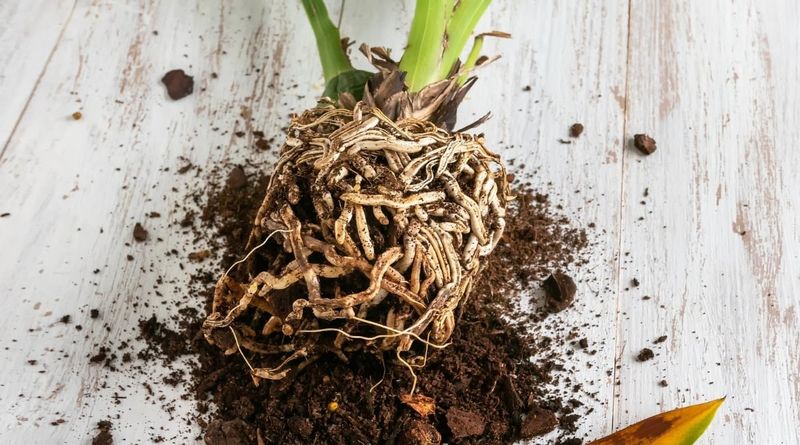
Taking cuttings is a favorite propagation method of mine. Cinnamon helps protect these delicate cuttings from rot.
Dipping the cut end in cinnamon powder before planting creates a protective barrier. This prevents fungal growth, enhancing the chance of successful rooting.
Seeing new plants take root without signs of rot is rewarding. Cinnamon ensures each cutting has the best start possible, making propagation a breeze.
6. Deters Mealybugs And Aphids
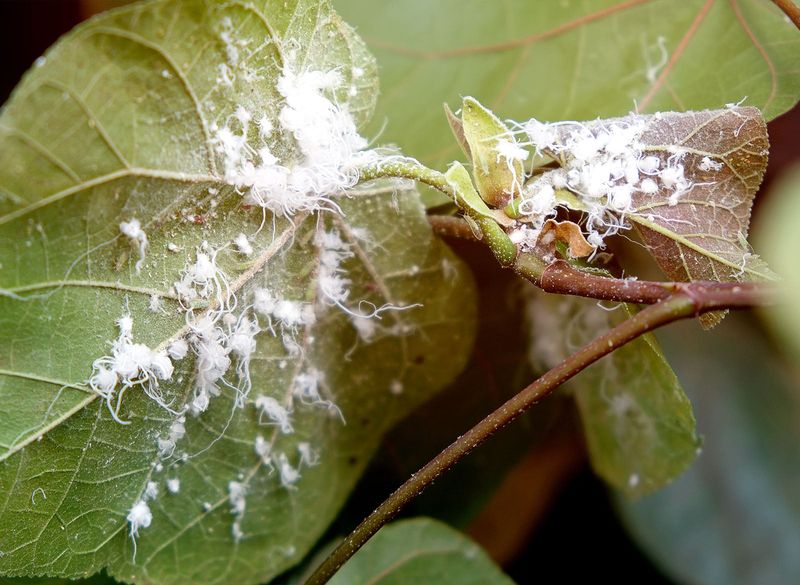
Pest control can be challenging. Cinnamon offers a natural deterrent against mealybugs and aphids, keeping plants healthy.
Applying cinnamon around affected plants disrupts these pests, reducing infestations. Its strong scent is unpleasant to them, encouraging them to move on.
This method is both eco-friendly and safe. Cinnamon becomes a gardener’s ally, offering an effective pest management strategy without harsh chemicals.
7. Prevents Mold Growth
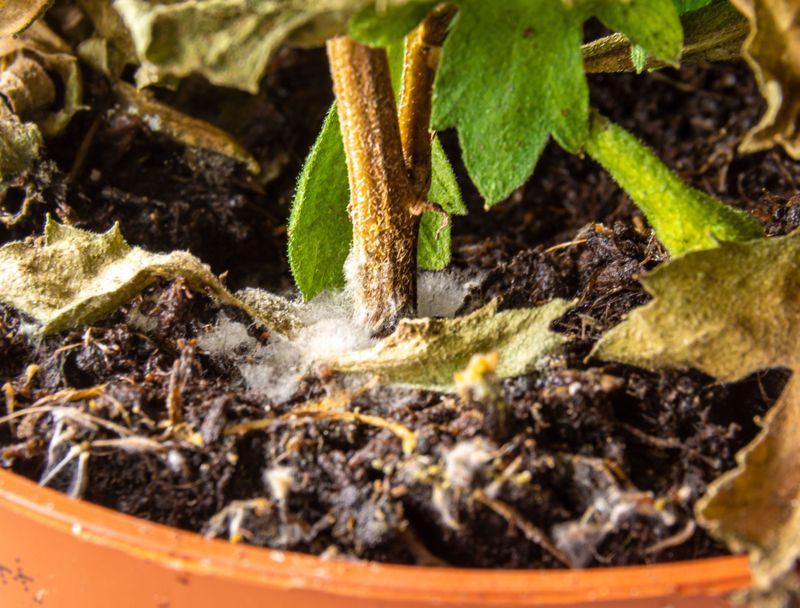
Mold can weaken plants, but how do you keep it at bay? Cinnamon offers a simple solution. Its antifungal properties prevent mold growth, keeping plants robust.
Dusting cinnamon on soil limits mold development. It’s a proactive way to maintain plant health without harsh chemicals.
Preventing mold naturally feels good. With cinnamon, you ensure a cleaner, healthier environment for your plants to flourish.
8. Boosts Rooting In Cuttings
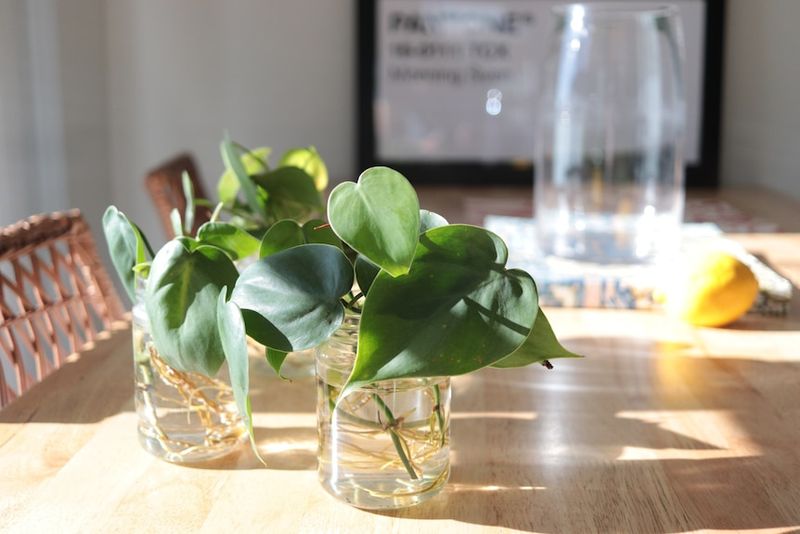
Rooting new plants can be hit or miss. Cinnamon boosts rooting success by creating a nurturing environment for cuttings.
Coating cut ends with cinnamon encourages root development, acting as a growth stimulant. It’s a natural and effective way to support new plants.
Watching roots form is always exciting. With cinnamon, each cutting stands a better chance, turning propagation into a successful endeavor.
9. Keeps Gnats Away
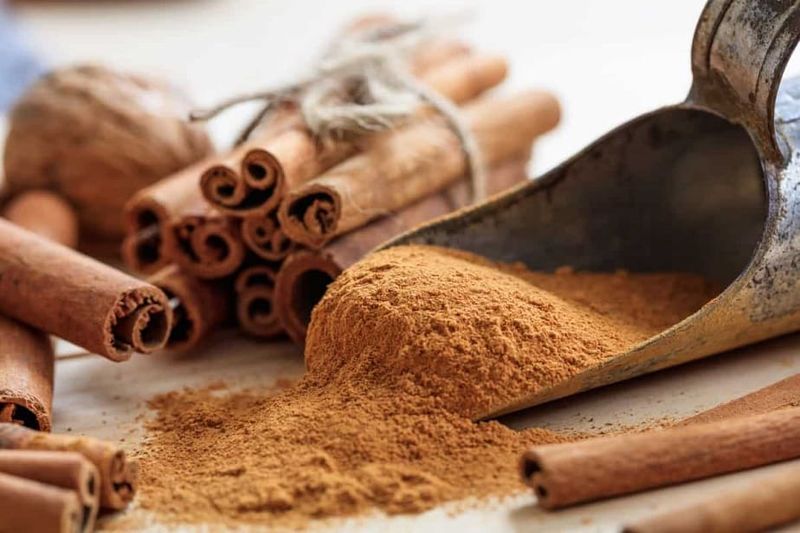
Gnats can be pesky, but cinnamon offers relief. By sprinkling it on soil, you repel these tiny nuisances effectively.
Cinnamon’s scent disrupts gnat activity, reducing their presence around plants. It’s a simple, non-toxic way to maintain a gnat-free garden.
Enjoying your garden without the bother of gnats is refreshing. Cinnamon’s role in pest control is both practical and pleasant, enhancing your gardening experience.
10. Treats Leaf Spot Fungus
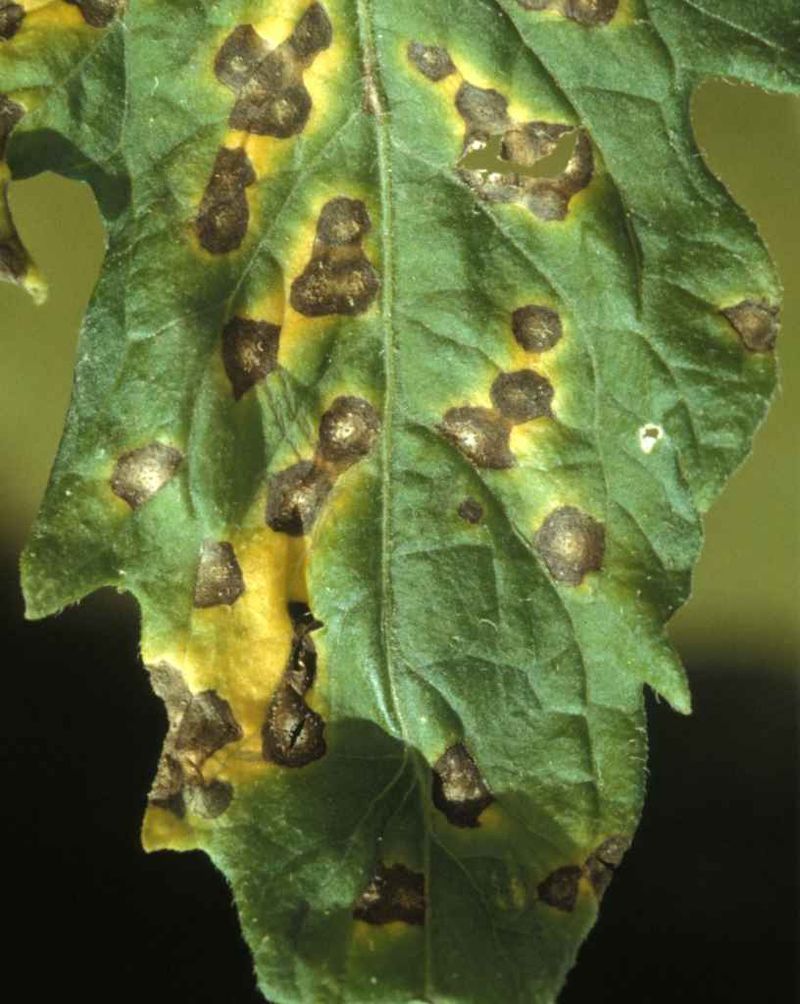
Leaf spot can mar a plant’s appearance. I discovered that cinnamon helps treat these fungal blemishes effectively.
Sprinkling cinnamon directly on affected leaves curbs the spread of fungus. It acts as a natural fungicide, nurturing healthier foliage.
Watching leaves recover is satisfying. Cinnamon transforms plant care, addressing issues with a natural touch, keeping leaves nice and healthy.
11. Acts As A Natural Pesticide
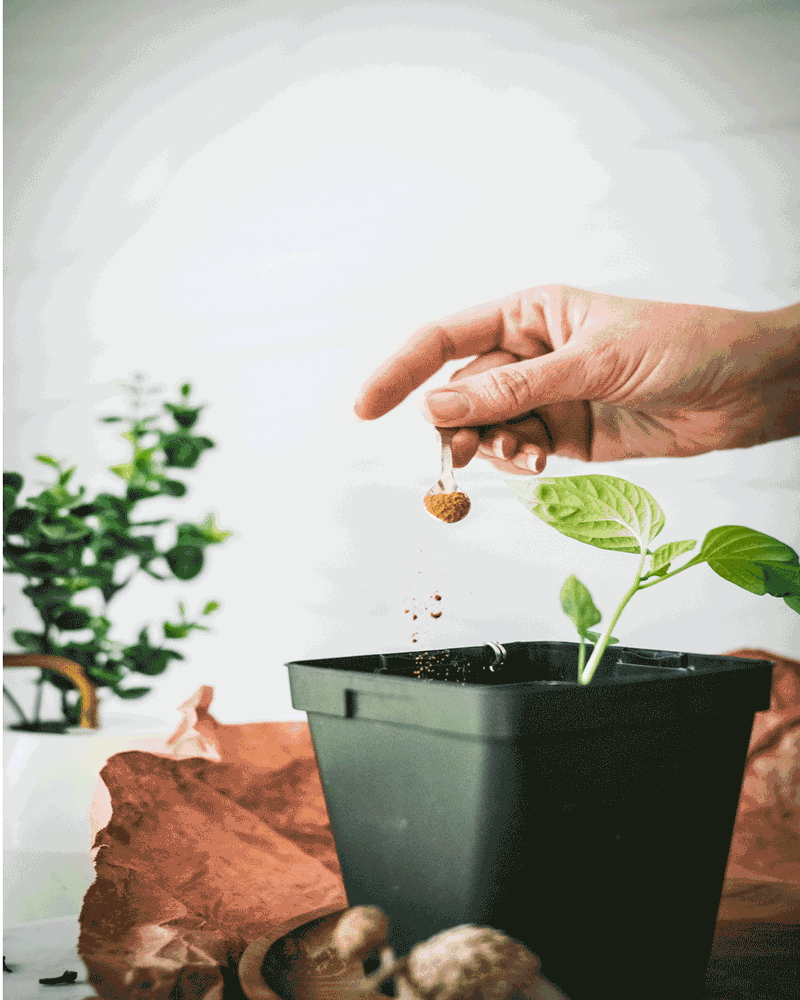
Garden pests challenge every gardener. Cinnamon acts as a natural pesticide, offering a safe alternative to chemical sprays.
When applied around plant bases, cinnamon deters a variety of insects. Its effectiveness lies in its ability to disrupt pest activity naturally.
Maintaining a healthy garden without harsh chemicals is rewarding. Cinnamon’s role as a pesticide supports eco-friendly gardening, ensuring robust plant growth.
12. Protects Against Bacterial Issues
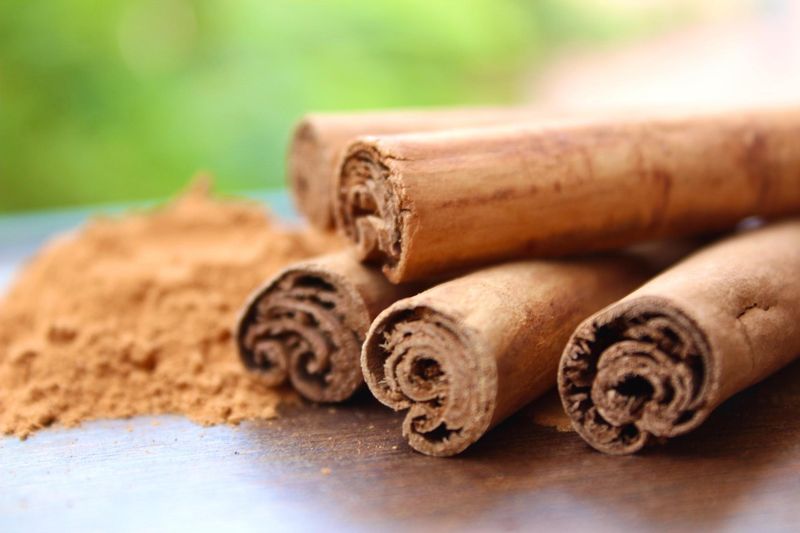
Bacteria can threaten plant health. Cinnamon offers protection, preventing bacterial infections naturally.
Applying it to soil or plant surfaces creates a barrier against bacteria. This proactive approach ensures plants remain healthy and resilient.
Watching plants thrive without bacterial interference is gratifying. Cinnamon’s antibacterial properties support vigorous growth, safeguarding your garden naturally.
13. Sprinkled On Soil For Freshness
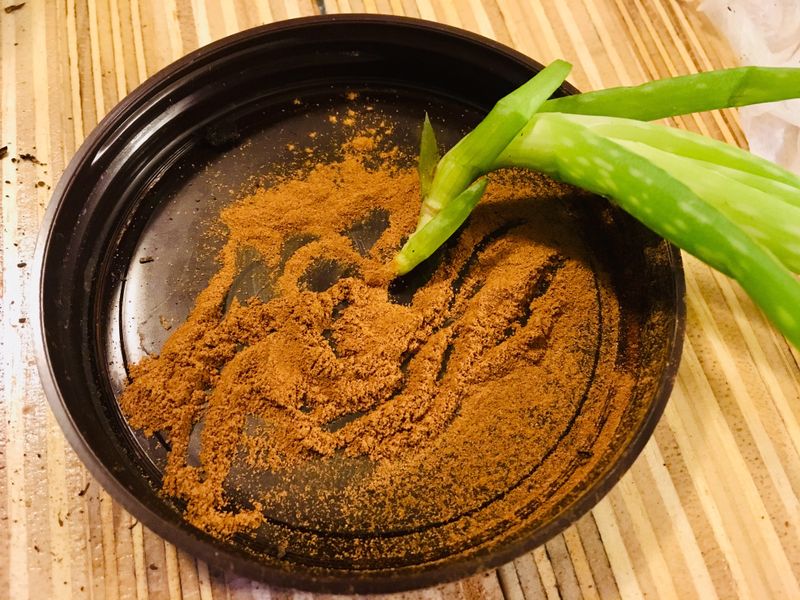
Fresh soil means healthy plants. Sprinkling cinnamon on soil enhances its freshness, supporting robust plant growth.
Its natural properties enrich soil, creating a healthy environment for plants. The spicy aroma is a pleasant bonus, adding to the garden’s appeal.
Experience the joy of a garden that looks and smells fresh. With cinnamon, soil vitality is enhanced, promoting a thriving garden landscape.
14. Safe For Indoor And Outdoor Use
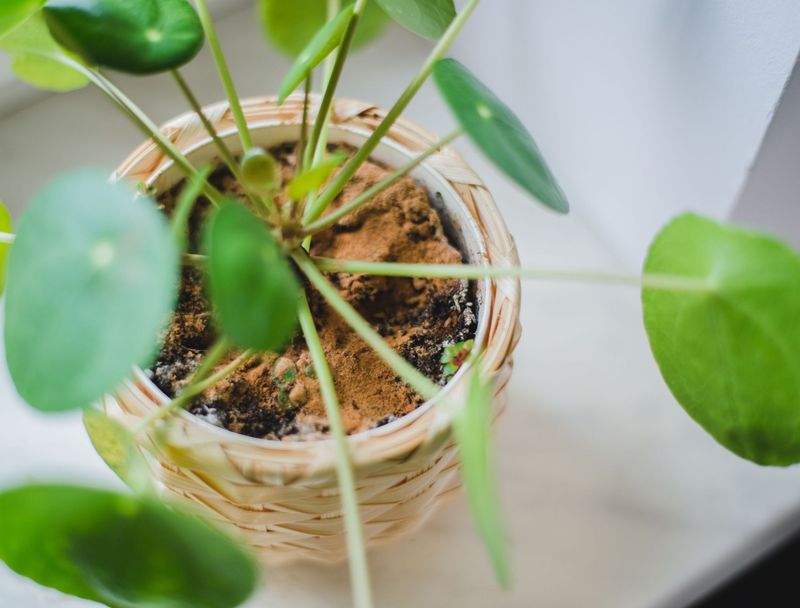
Versatility is key in gardening. Cinnamon’s safe for both indoor and outdoor plants, offering protective benefits universally.
Have you ever wondered what makes cinnamon so adaptable? Its natural properties work equally well across environments, supporting plant health everywhere.
Embrace the ease of using cinnamon in any setting. Whether inside or out, it provides reliable protection, ensuring plants flourish under your care.
15. Combines Well With Other Remedies
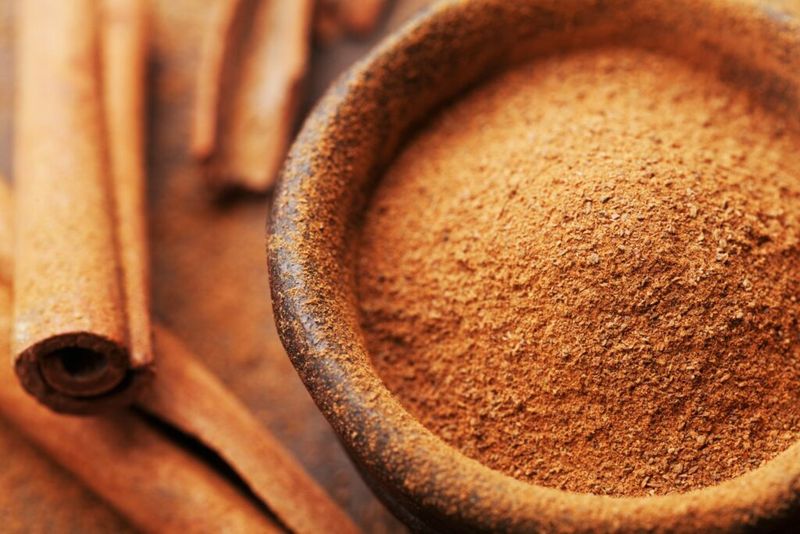
Gardening often involves combining solutions. Cinnamon integrates seamlessly with other remedies, enhancing overall plant care.
Mixing cinnamon with soil amendments or watering solutions boosts their effectiveness. Its complementary nature supports diverse gardening approaches.
This flexibility in use makes cinnamon invaluable. Embrace the synergy of natural solutions, ensuring your garden thrives with a holistic care strategy.
16. Long Shelf Life In Storage
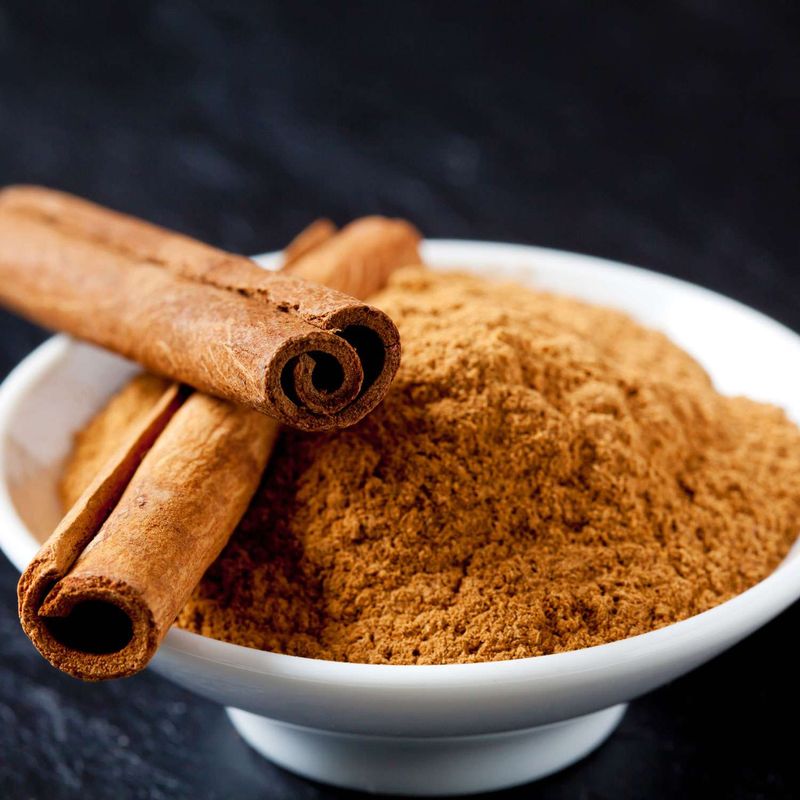
Storing gardening supplies is essential. Cinnamon boasts a long shelf life, making it a reliable addition to your toolkit.
Keeping cinnamon in a cool, dry place ensures its effectiveness. Its longevity means it’s always ready for use, supporting consistent plant care.
Reliability is crucial in gardening. With cinnamon in storage, you’re equipped for any gardening challenge, ensuring plants receive the best care.
17. Reduces Moisture-Related Problems
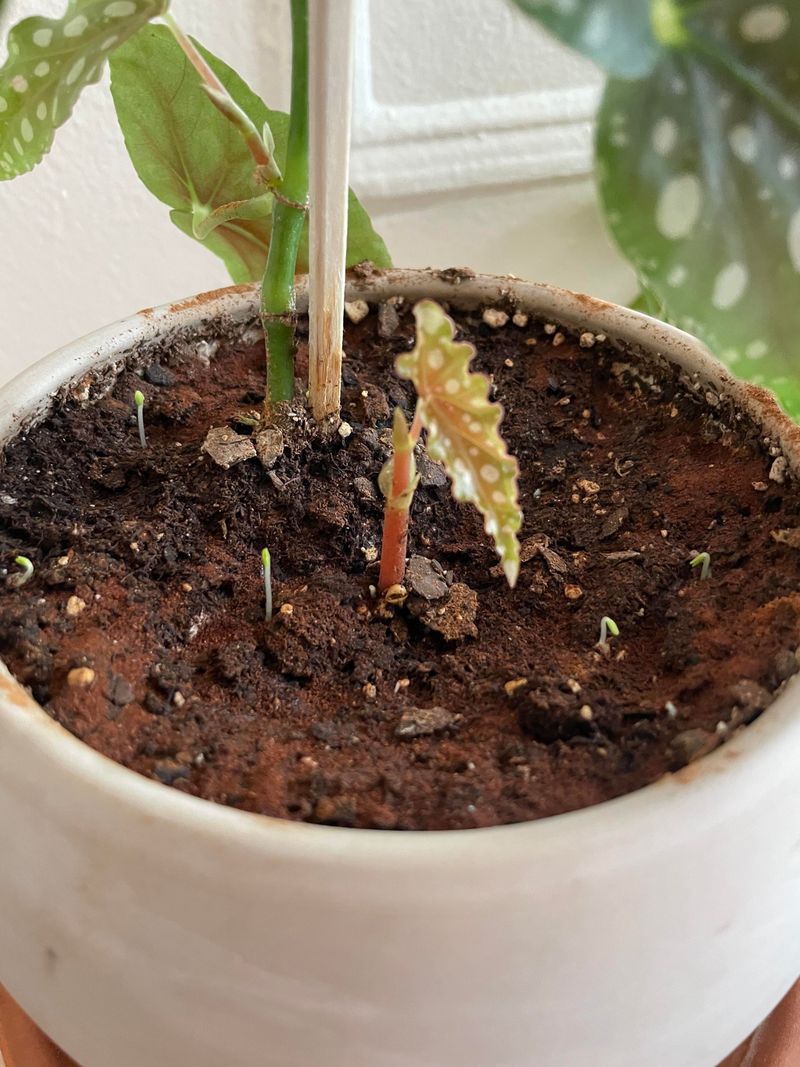
Moisture management is vital for plant health. I use cinnamon to mitigate moisture-related issues, ensuring my plants remain healthy.
Sprinkling cinnamon on soil helps absorb excess moisture, preventing conditions like root rot. It’s a straightforward solution to a common problem.
Managing moisture naturally feels responsible. With cinnamon, plants thrive in well-balanced conditions, showcasing the benefits of thoughtful gardening.
18. Seals The Wound Naturally
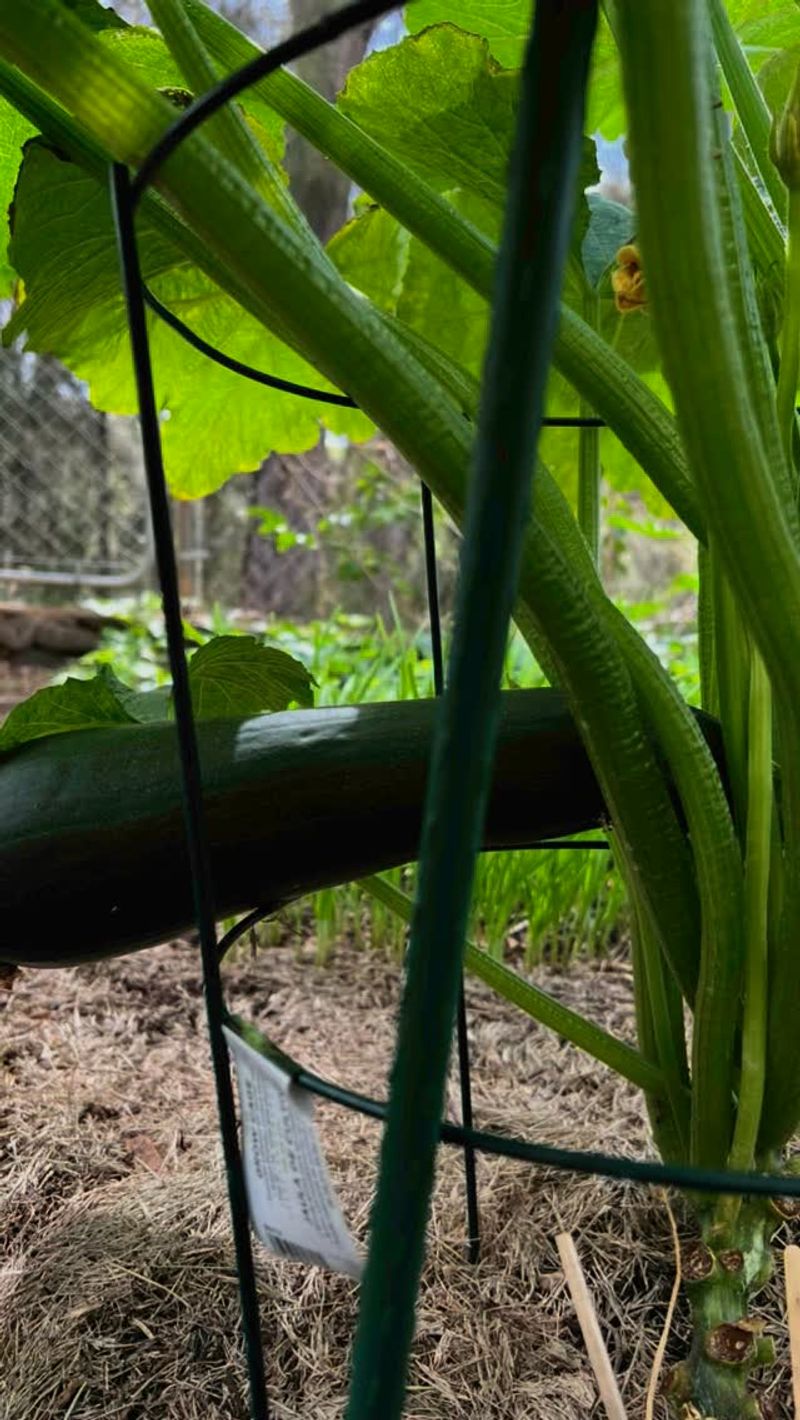
Plant wounds need attention. Ever considered how cinnamon seals wounds naturally? This spice forms a protective layer over cuts, aiding recovery.
It prevents foreign elements from entering the wound, supporting natural healing. This gentle method is both effective and plant-friendly.
Ensure your plants recover smoothly with cinnamon’s help. Its natural sealing properties promote swift healing, safeguarding plant health effortlessly.
19. Prevents Infection And Rot
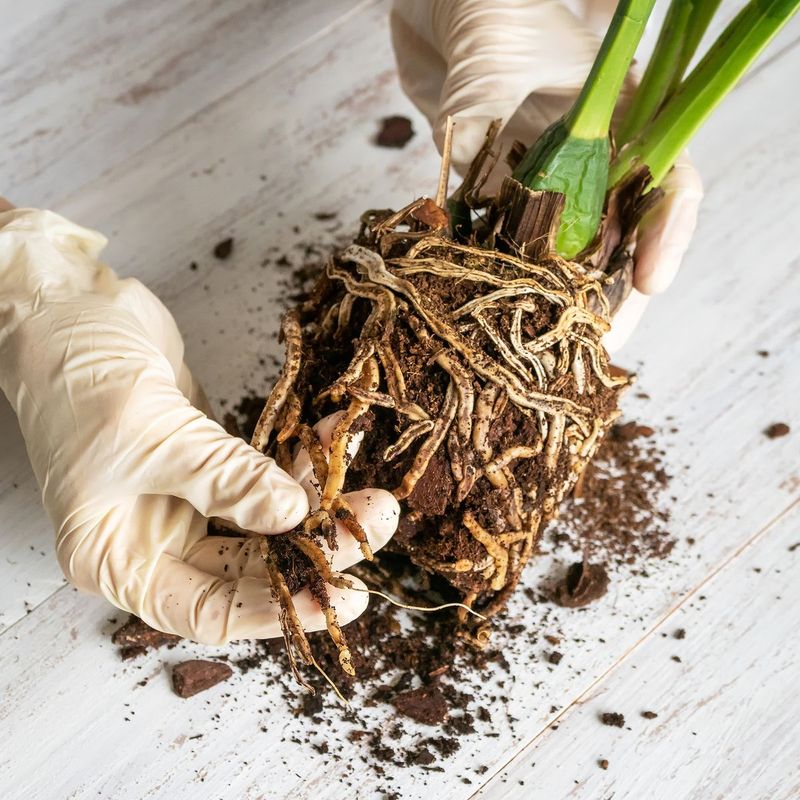
Infection can threaten plant life. Cinnamon serves as a preventative measure against infection and rot, maintaining plant vigor.
Applying it on wounds or soil deters harmful pathogens, supporting plant resilience. This simple step makes a significant difference in overall health.
Cinnamon’s protective qualities are invaluable. They ensure plants remain strong, showcasing the power of natural care in gardening success.
20. Speeds Up Healing Process
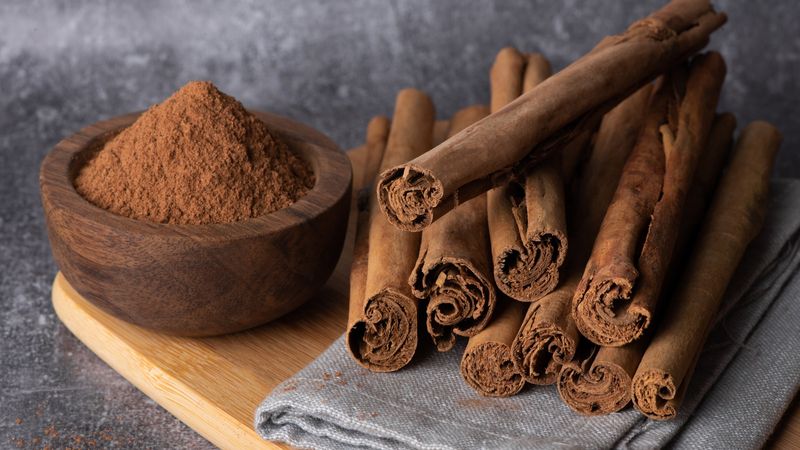
Healing can be a slow process. I’ve seen cinnamon speed up plant recovery, supporting faster rejuvenation.
Sprinkling it on injuries accelerates healing, helping plants bounce back quickly. Its natural properties foster resilience and vitality.
Watching plants heal swiftly is rewarding. Cinnamon enhances the recovery process, ensuring your garden remains beautiful and healthy.

